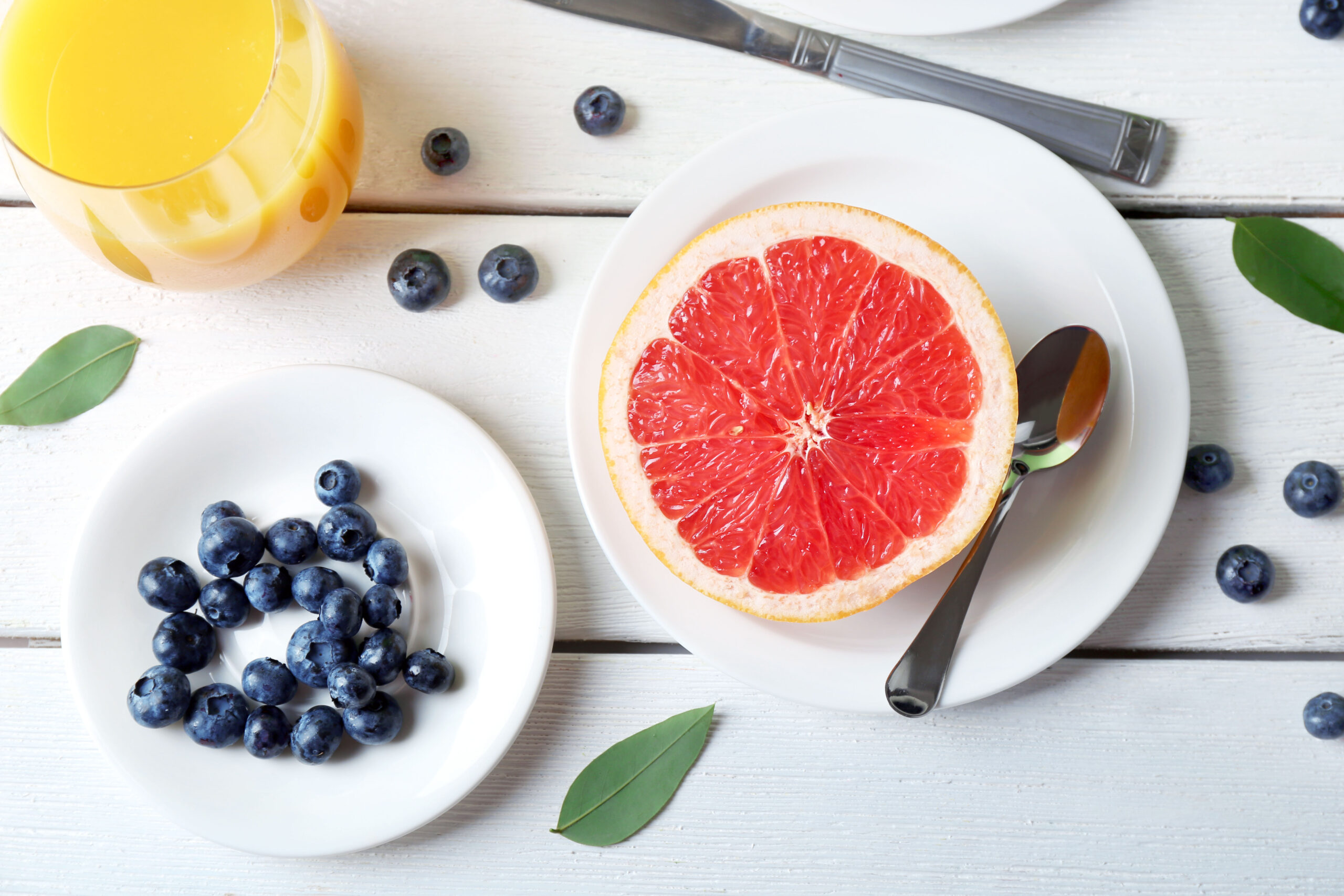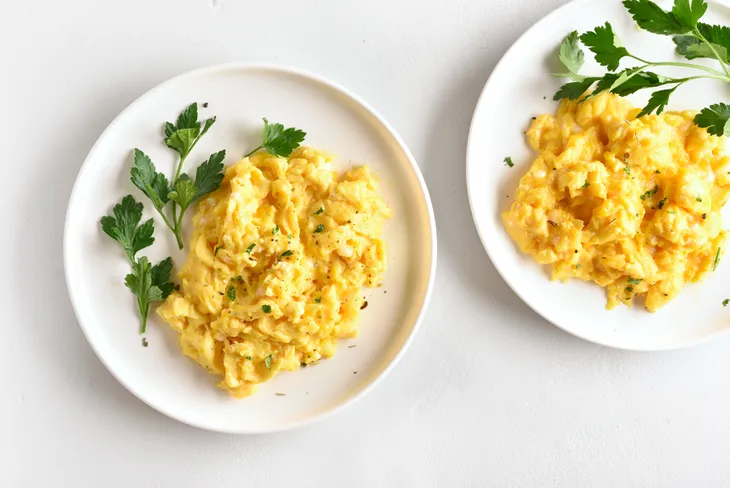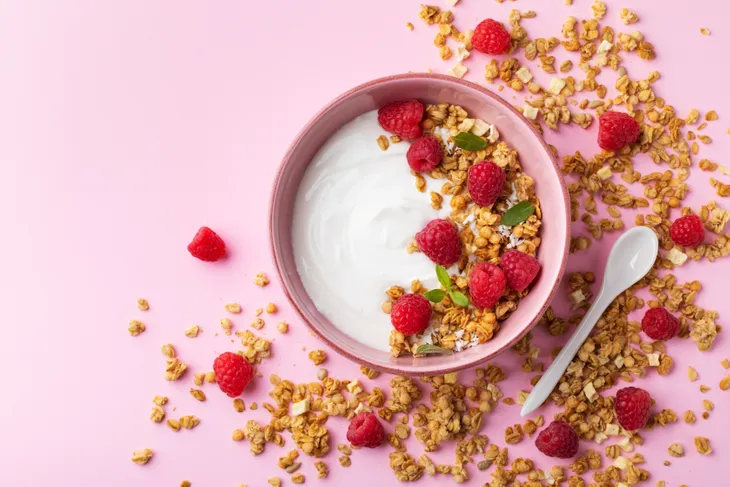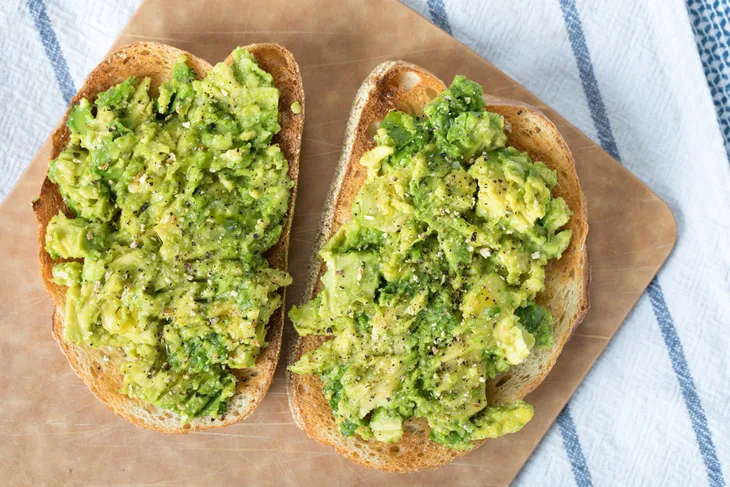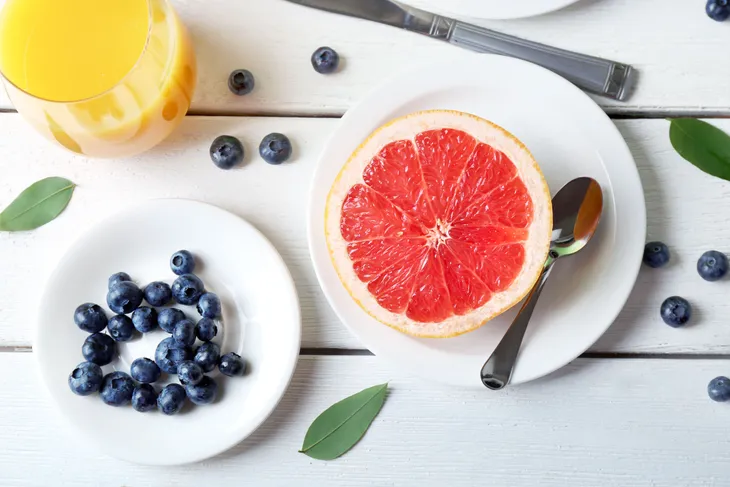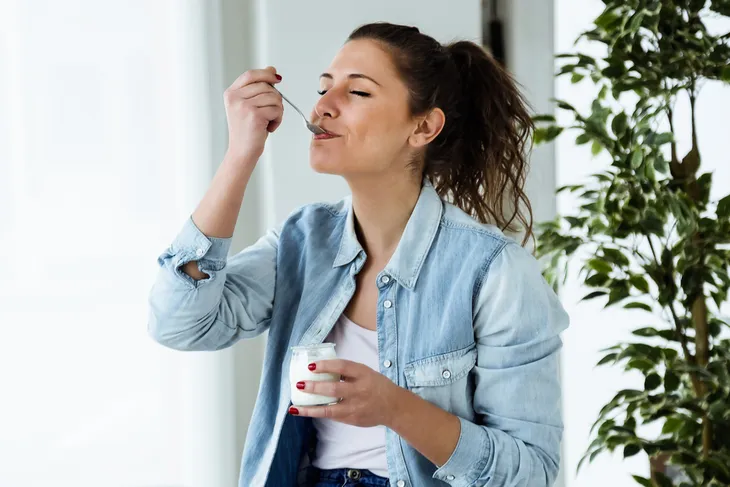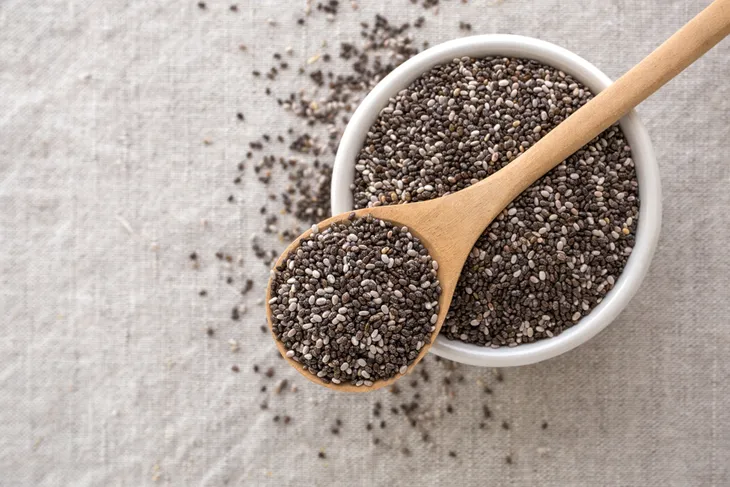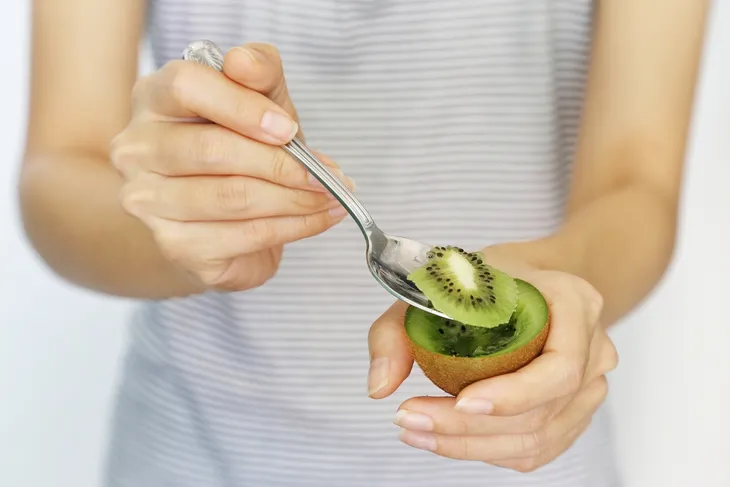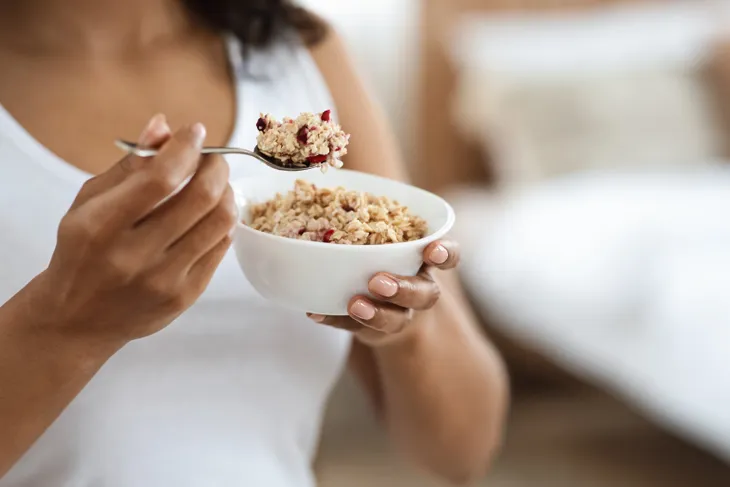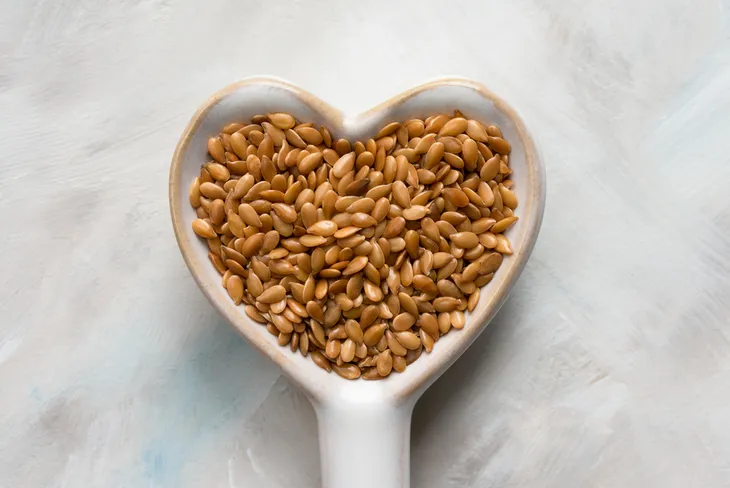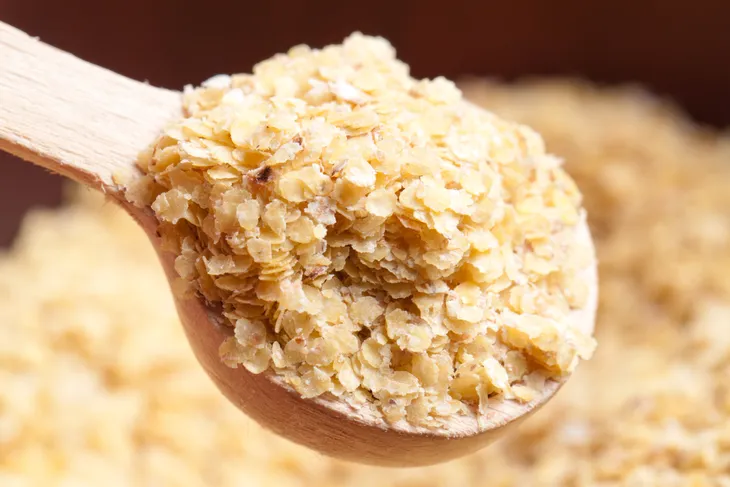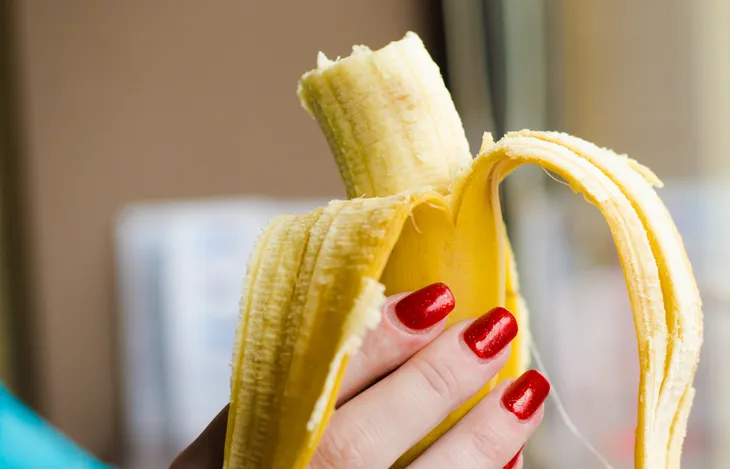- While eating breakfast alone isn’t going to shed weight, choosing the right foods can certainly aid a person’s weight loss journey.
- Looks for whole, natural foods that come in their natural state. Avoid pre-packaged and highly processed foods with added sugar.
- Choose foods that are high in protein and fiber because they help keep us full until our next meal and avoid unnecessary snacking.
We often hear people say breakfast is the most important meal of the day. In reality, it’s not any more important than any of the other meals in our day, but unfortunately it’s the one that often gets overlooked or skipped. While eating breakfast alone isn’t going to shed weight, it can help set the stage for the rest of the day.
If we feed our body whole nutritious foods in the morning, we fuel it with the energy to be active. We’ll also provide nutrients and protein, and avoid unnecessary snacking (a big contributor to weight gain). There are no magical foods for weight loss. The goal is to eat the right nutrients so that we’re left feeling full and ready to tackle the day. Here are 12 of the healthiest foods to eat for breakfast when trying to lose weight….
Eggs
When we think of breakfast, most people will think of eggs. They are a staple breakfast food. Not only do they taste good, but they are fast and easy to make. Plus, they are packed with protein and iron which leaves us feeling full until our next meal. “Protein gives our metabolism the greatest boost and is also the most satiating,” writes Live Strong.
Eggs get bonus points (especially these days) for the fact that they are also relatively inexpensive and super versatile! There are so many different ways to enjoy eggs — scrambled, fried, boiled, sunny side up, or in an omelette with lots of veggies.
Raspberries
Berries like raspberries aren’t enough on their own, but they made the perfect addition to any of the protein-packed items on this list like eggs, oatmeal, or yogurt. No one can deny the juicy deliciousness that comes from all that natural sugar! We didn’t include them on this list just because of their amazing sweetness. They are also loaded with fiber. One cup of raspberries has 8-grams of fiber! According to EatingWell, that’s double the amount of strawberries and the same as a cup of (some types of) beans!
Research published in the Journal of Nutrition found that eating more fiber helped prevent weight gain and even potentially encourage weight loss. “Over the course of the two-year study, the researchers found that boosting fiber by 8-grams for every 1,000 calories resulted in about 4 and a half pounds of weight lost,” writes the source.
Avocado
Avocado is definitely having its moment as of lately. People have started adding avocado to salads, spreading it on sandwiches, mashing it up on toast, and even adding it to smoothies! While it doesn’t bring much to the table in terms of flavor, it does provide a good balance of complex carbohydrates, healthy fats, and protein, notes Live Strong.
The source refers to a May 2019 study published in Nutrients which compared three different breakfast meals, all with similar amounts of calories. They looked at the effects of adding either half or a whole avocado in place of carbohydrates. The results found that despite eating the same amount of calories, “the meals that had the addition of fiber and fat-rich avocados led to a greater suppression of hunger,” writes Live Strong. Both avocado groups were also much more satisfied after their meal.
Grapefruit
People either love or hate grapefruit, but for those who love them, they get to reap all their incredible benefits. Eating half a grapefruit is a great way to start the day as they are low in calories, but contain lots of water and fiber — both of which can be beneficial for weight loss, notes Healthline.
You can either eat grapefruit on its own or add it to yogurt parfaits, smoothies, or fruit salads.
Yogurt
Another super easy and versatile breakfast option is yogurt! Be careful with yogurt as there are many different options available and not all of them are healthy. When purchasing yogurt, look for unsweetened, plain yogurt. Don’t buy anything that is flavored because they are packed with sugar and artificial sweeteners, notes Live Strong.
Plain greek yogurt is the best option. One serving of this provides 20-grams of protein, whereas the same serving of a regular yogurt only has about 9-grams, according to the USDA. “Protein requires more energy to digest, helps preserve our lean body mass and provides greater satiation compared to carbs and fat,” writes Live Strong while referencing a July 2016 review published in Annual Review.
You can jazz up the dish with color and flavor by adding fresh fruit. Avoid using any sugary syrups. You can also add a little crunch by spooning some granola or whole-grain cereal.
Chia Seeds
Chia seeds are small but mighty! The perfect supplement to any breakfast meal as they are high in fiber and absorb water to form a gel in the stomach making people feel full for longer, explains Healthline. “They’re also rich in protein which can slow the emptying of your stomach and reduce levels of ghrelin, the hormone responsible for stimulating hunger,” writes the source.
Unsure how to incorporate these little seeds into a healthy breakfast meal? Try making a chia seed parfait by mixing 1-ounce of chia seeds with 1-cup of plain, unsweetened yogurt. Let the mixture soak for 30-minutes. Top it off with a cup of berries and enjoy!
Kiwi
We don’t hear about kiwis as much as we do other fruits, but they shouldn’t be overlooked! They are high in vitamin C, contain vitamin K and potassium. Their resume is stacked with nutrients. Women’s Health talked to Gabrielle Tafur, RD, an Orlando, Florida-based dietician who says, “kiwis are such an underrated fruit — one or two can provide you with a day’s worth of vitamin C.”
In addition to all of that, they are also an excellent source of fiber. One cup of kiwi contains up to 21-percent of the daily recommended amount of fiber. “What’s more, kiwis contain a specific type of fiber called pectin, which has been shown to enhance feelings of fullness, decrease appetite and boost weight loss,” writes Healthline.
Oatmeal
Oatmeal gets a bad rep for being bland and boring, but there’s so much more to rave about with this meal! While it’s rich in complex carbohydrates, it also contains protein. According to Live Strong, 1-cup of oatmeal comes with 165-calories, 28-grams of carbs, 4-grams of fiber, 60-grams of protein, and lots of iron and magnesium. If we’re keeping track, that’s almost as much protein as an egg! But with the addition of 15-percent of the recommended daily intake of fiber.
What makes oatmeal so unique is that it contains a fiber called beta-glucan. Research shows beta-glucan can help us feel full for longer and potentially help us eat less which is what most people are looking for when trying to lose weight. An August 2018 clinical study published in Appetite followed the effects of two separate breakfasts. One had beta-glucan and the other didn’t. The study found that those who ate beta-glucan experienced more satiety and fullness than the other group.
Avoid pre-packaged or single packets of oatmeal as they are loaded with sugar. Instead opt for steel cut oats and then add flavor with fresh fruit or a sprinkle of cinnamon.
Flaxseeds
Flaxseeds are a great topper for cereal, oatmeal, yogurt, or addition to baked goods and smoothies. They come with lots of viscous fiber which is a soluble fiber that absorbs water and forms a gel in the gut. “Studies show that soluble fiber is especially effective at slowing digestion, which could help decrease appetite and lower calorie intake to aid weight loss,” writes Healthline.
When it comes to weight loss, there’s also research suggesting flaxseeds are a useful tool to control appetite. A small 2012 study found that consuming drinks with flaxseeds helped people feel more full and reduce their appetite, especially in comparison to other popular sugar-sweetened morning beverages. Another study found that bread baked with flaxseeds suppressed appetite and enhanced feelings of fullness more than regular buns.
Wheat Germ
This food isn’t something we often hear about, but it’s a good option for people looking to lose weight. “Wheat germ is a component of the wheat kernel that contains a concentrated amount of vitamins and minerals, including manganese, thiamine and selenium,” writes Healthline.
This food is high in fiber with nearly 4-grams of fiber in a 1-ounce serving. As we’ve mentioned many times, fiber is an important tool for weight loss. It helps us feel full for longer. In fact, Healthline references one study that found eating high-fiber cereal was effective in reducing appetite and food intake, in addition to stabilizing blood sugar after a meal.
You can incorporate this food into any breakfast meal by sprinkling it on oatmeal, yogurt, or adding it to smoothies.
Banana
The people who don’t have a big appetite in the morning or have little time to cook breakfast, a banana is the perfect option. This truly is a grab and go breakfast. It’s not enough on its own, but Women’s Health suggests having hard boiled eggs pre-made in the fridge. The next morning, grab an egg and banana, and voila — breakfast is done and it’s healthy!
In addition to having next to no prep, bananas are high in fiber and low in calories. The perfect combination for someone trying to lose weight. According to Nutrition Data, one medium banana has slightly more than 100-calories, but more importantly 3-grams of fiber which is about 12-percent of the recommended daily amount. “Fiber helps slow the emptying of your stomach to curb cravings and keep you feeling full longer,” writes Healthline.
Breakfast Do’s and Don’ts
If weight loss is the goal then the best thing to do is eat healthy and live an active lifestyle. Don’t skip meals, especially breakfast. Make a habit of eating breakfast each day and focus on choosing whole, nutritious foods that provide lots of fiber and protein. This helps discourage any unnecessary snacking between meals. Avoid any and all processed foods because they are often just empty calories that lead to weight gain.
You can also swap certain foods for healthier options, like white breads (i.e. toast and bagels) for whole grain options. And avoid consuming sugary drinks for breakfast or overusing creamers. For example, Medical News Today points out that orange juice, a popular breakfast drink contains over 100-calories and offers little to no nutritional value. The source advises eating real fruits instead of drinking fruit juices.
